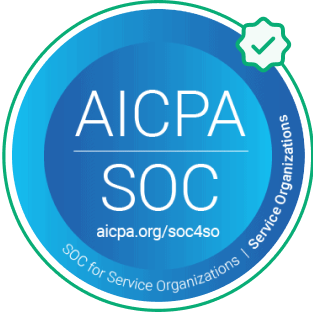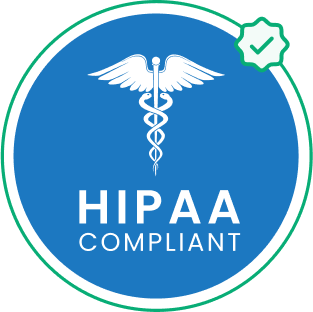What is AI Governance?
AI governance refers to the policies, frameworks, and guidelines that are put in place to guide the development, deployment, and use of artificial intelligence (AI) systems. It encompasses the ethical, legal, and regulatory considerations surrounding AI technologies. AI governance aims to ensure that AI is developed and used in a responsible, transparent, and accountable manner, taking into account societal values and the potential impacts on individuals and communities.Effective AI governance requires a multidisciplinary approach involving collaboration among policymakers, researchers, industry experts, and civil society. It involves developing principles and guidelines that address various aspects of AI, such as data privacy, algorithmic fairness, transparency, accountability, and the impact on employment and social equity.Related terms
Not to be confused with:
Back to glossary











